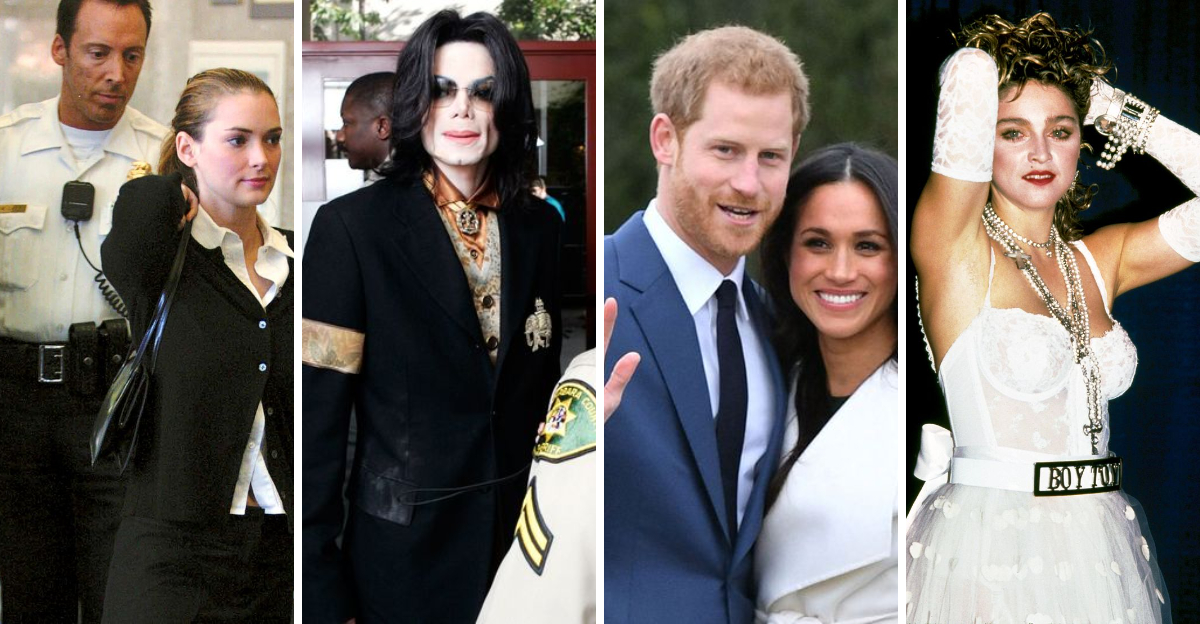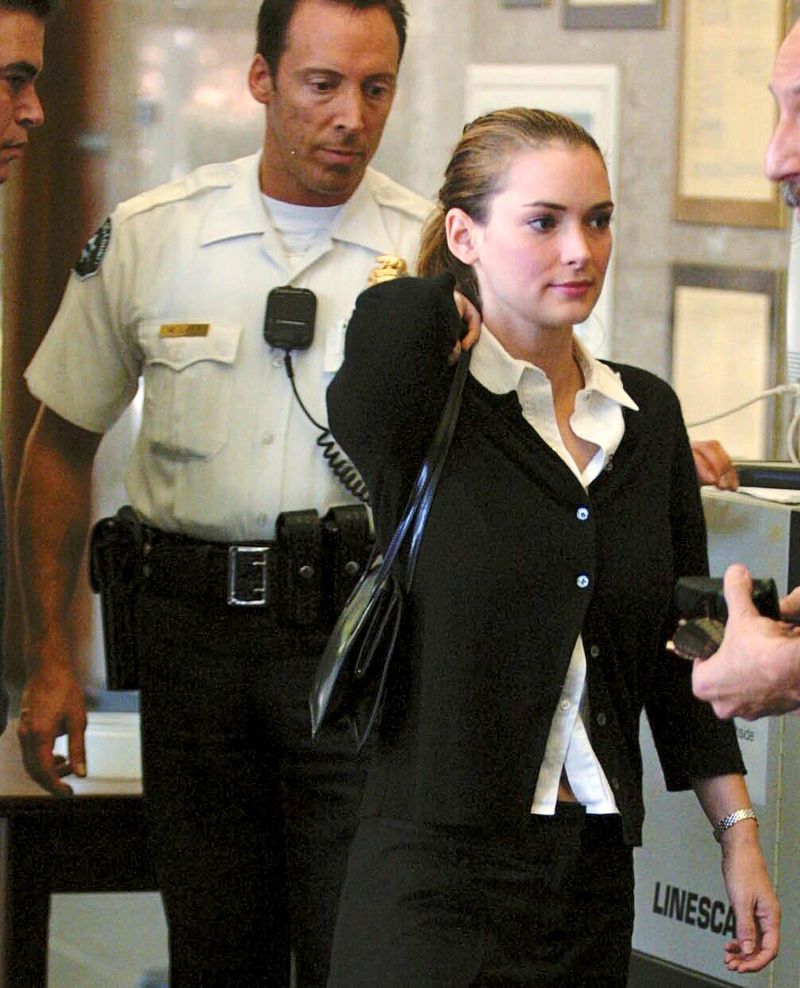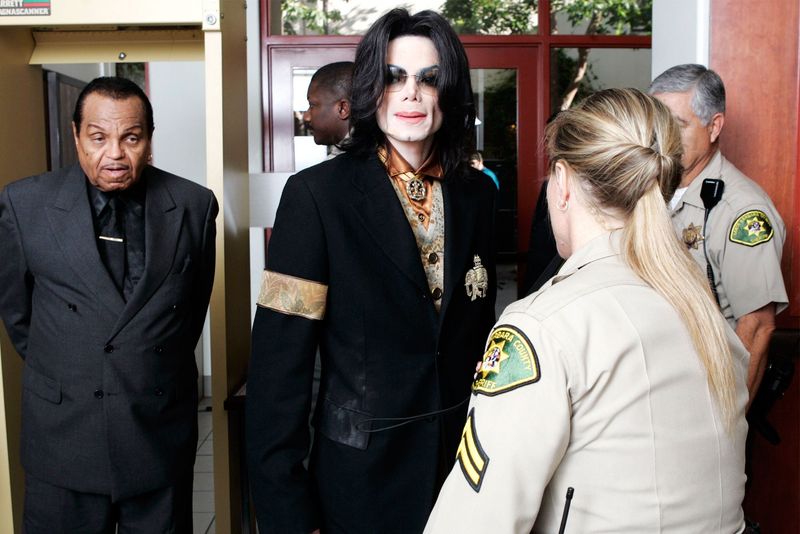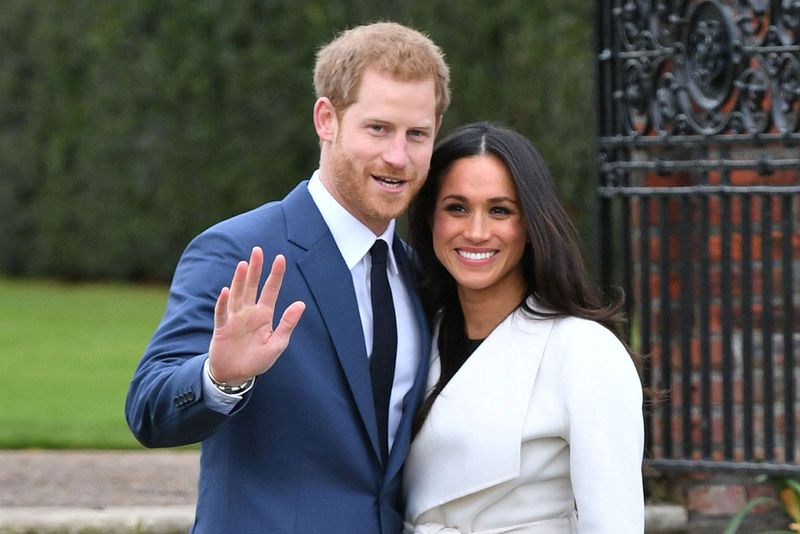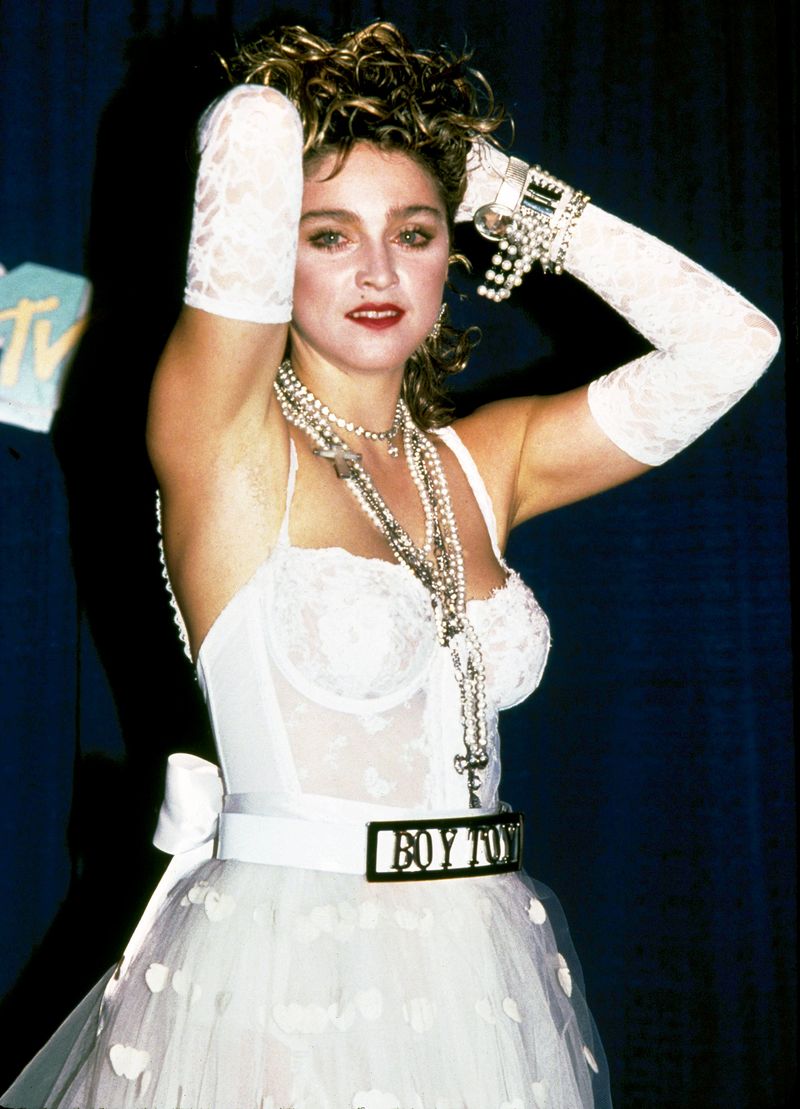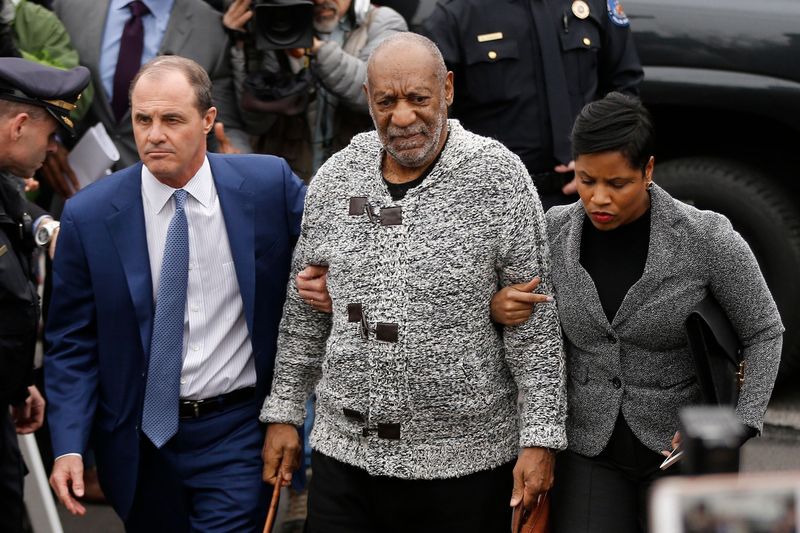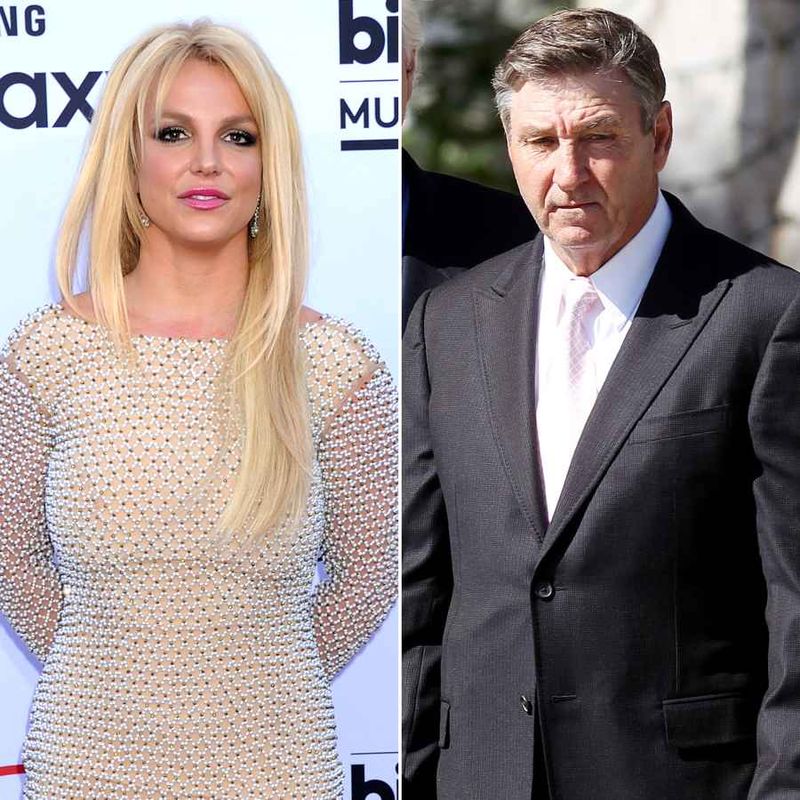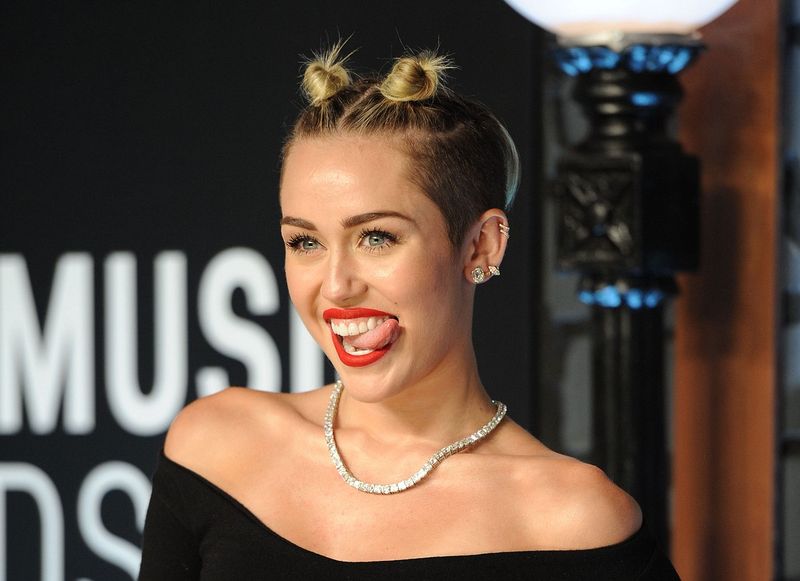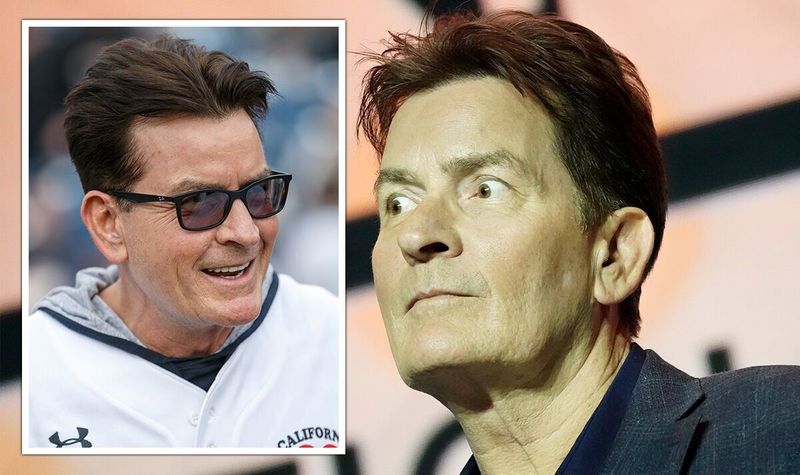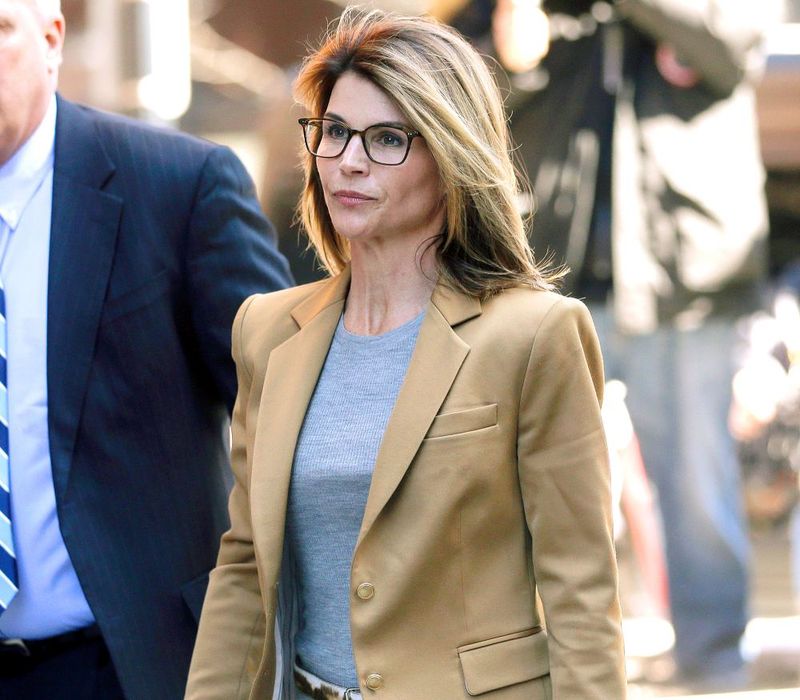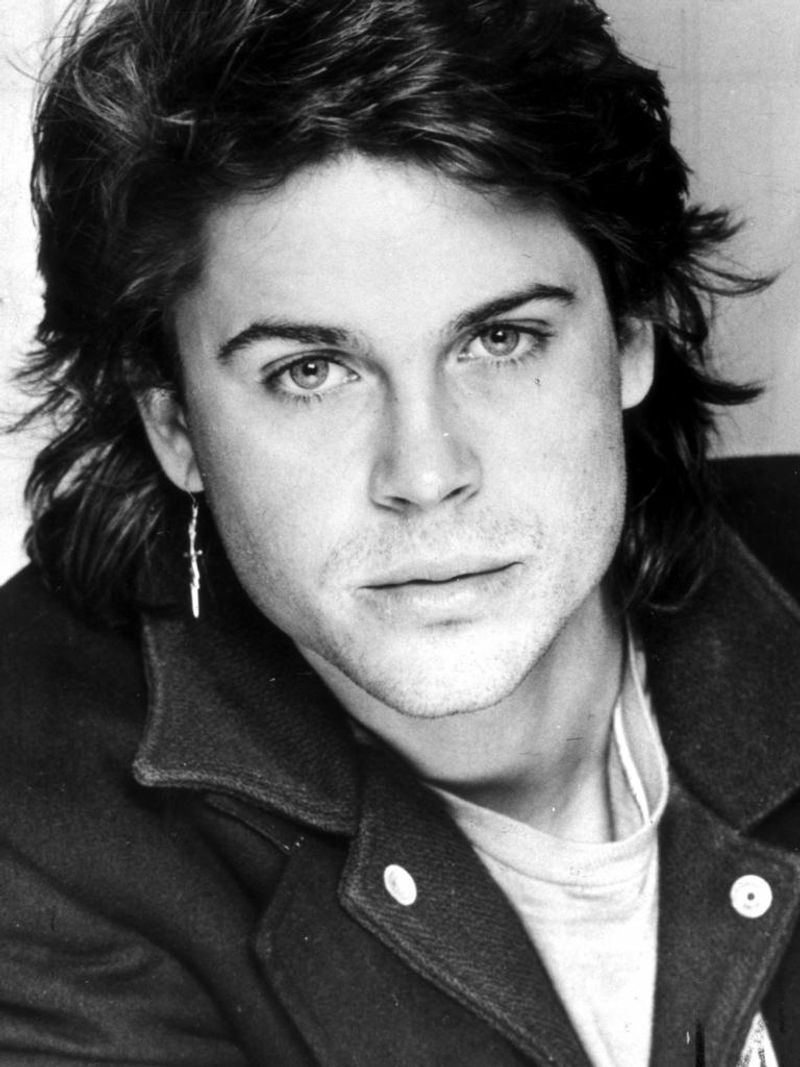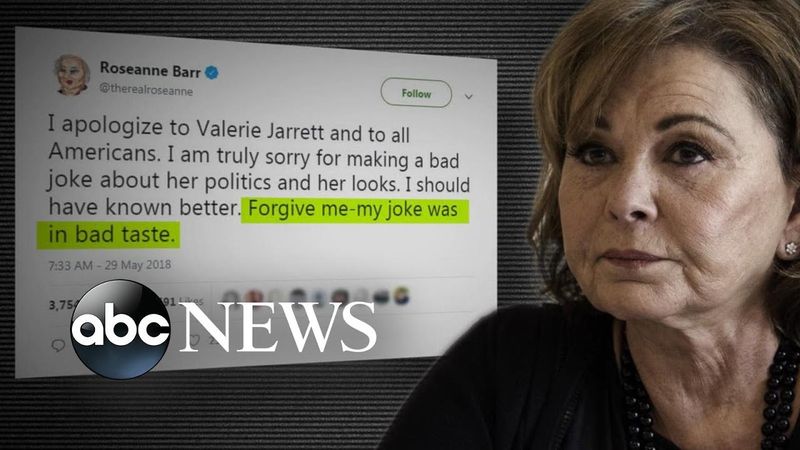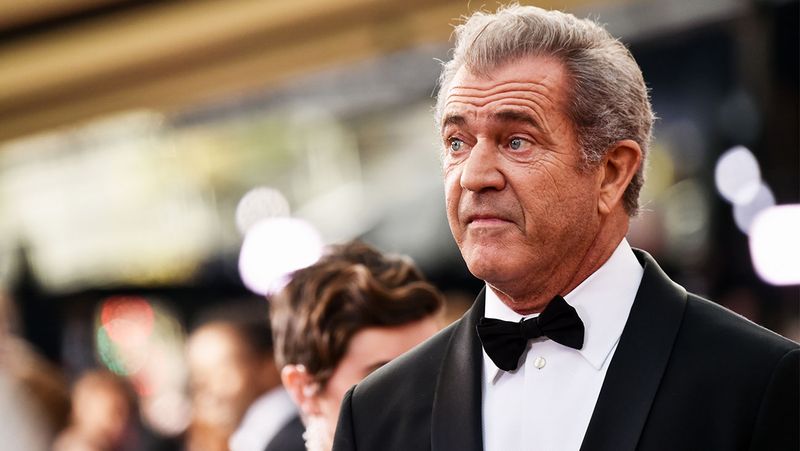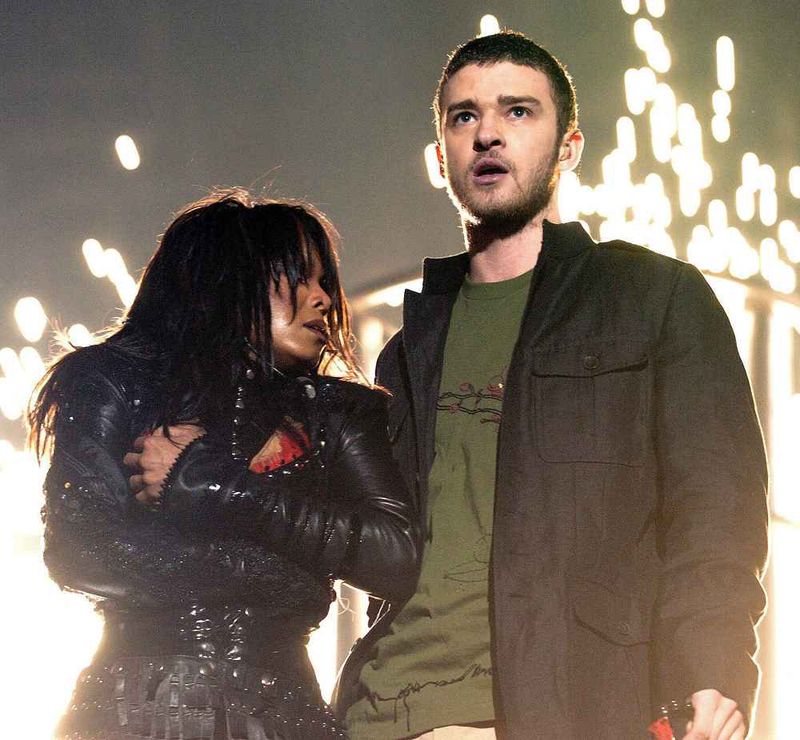Dive into the captivating world of celebrity scandals as we explore the stark contrast between the juicy gossip of the 80s and the intense scrutiny of today’s cancel culture. This blog post delves into 13 iconic scandals, highlighting how public perception and media coverage have evolved over the decades.
Winona Ryder’s Shoplifting Incident
In 2001, Winona Ryder, a beloved actress of the 80s and 90s, was caught shoplifting at a high-end department store in Beverly Hills. This event shocked fans and the media alike, as Ryder had crafted an image of innocence and elegance.
The scandal led to intense media coverage, with her court appearances becoming a spectacle. Some fans were forgiving, viewing it as a minor lapse, while others saw it as a fall from grace.
Today, such an incident might lead to fierce online backlash, yet Ryder’s career eventually recovered, showcasing the resilience of Hollywood stars.
Michael Jackson’s Child Molestation Allegations
Michael Jackson faced serious allegations of child molestation in the late 80s and 90s, which rocked the music world. Fans were divided—some defended him vehemently, while others distanced themselves.
The media frenzy was unprecedented, with every detail being scrutinized. Although Jackson was acquitted, the allegations haunted him throughout his life. In today’s cancel culture, such accusations might result in more immediate social and professional repercussions.
The case exemplifies the lasting impact on personal and professional life, regardless of the verdict, reflecting society’s evolving attitudes towards such allegations.
Prince Harry and Meghan Markle’s Exit
The decision by Prince Harry and Meghan Markle to step down from royal duties in 2020 sent shockwaves around the globe. Dubbed ‘Megxit,’ the move highlighted tensions within the British Royal Family.
Public reaction was polarized, with some supporting their desire for independence, while others criticized them for abandoning royal responsibilities. The media coverage was relentless, emphasizing their every move.
In the 80s, such an action might have been viewed as mere gossip, but in today’s cancel culture, it sparked debates on tradition and modern values, marking a significant shift in societal expectations.
Madonna’s Controversial Performances
Madonna, known as the Queen of Pop, often stirred controversy with her provocative performances in the 80s. Her bold style challenged societal norms and pushed the boundaries of creativity and expression.
The media often criticized her for being too daring, which only fueled her popularity. Fans admired her for her audacity and unapologetic attitude.
In today’s climate, such performances might receive mixed reactions, possibly facing backlash on social media. Madonna’s career illustrates how artists can thrive amid controversy by staying true to their vision and challenging the status quo.
Bill Cosby’s Legal Troubles
Bill Cosby, once revered as “America’s Dad,” faced significant legal troubles when multiple allegations of sexual assault surfaced. The revelations tarnished his legacy, leading to a high-profile trial.
In the 80s, such accusations might have been downplayed, but today’s society demands accountability. The media played a significant role in shaping public opinion, emphasizing the need for justice.
Cosby’s case highlights the shift towards believing victims and the power of the #MeToo movement in holding influential figures responsible for their actions. It underscores the evolving standards of public scrutiny.
Britney Spears’ Conservatorship Battle
Britney Spears’ conservatorship battle captured global attention, shedding light on the struggles faced by the pop star. Her fight for autonomy resonated with fans and sparked the #FreeBritney movement.
In the 80s, her situation might have been dismissed as personal turmoil. However, today, it highlights issues of mental health and legal rights, igniting widespread support.
The case underscores the shift from gossip to advocacy, illustrating the power of collective action in influencing legal outcomes. Spears’ story is a testament to changing attitudes towards celebrity wellness and personal freedom.
Miley Cyrus’ VMA Performance
Miley Cyrus shocked audiences with her provocative performance at the 2013 MTV Video Music Awards. Her twerking and suggestive antics were widely criticized, yet marked her transition from Disney star to an adult artist.
In the 80s, such performances might have been considered avant-garde, but today they are often scrutinized under the lens of appropriateness and influence.
Cyrus’ bold move sparked discussions on artistic freedom versus public responsibility, highlighting how celebrity actions are dissected in the age of social media. Her performance remains a talking point, reflecting evolving entertainment standards.
Charlie Sheen’s Public Meltdown
Charlie Sheen’s very public meltdown in 2011 became a media sensation. His erratic behavior and infamous catchphrases captured global attention, leading to his dismissal from ‘Two and a Half Men.’
In the 80s, such a scandal might have been dismissed as eccentricity, but today, it is viewed through a more serious lens of mental health awareness.
Sheen’s case highlights the importance of addressing mental health issues and the impact of media scrutiny on personal struggles. It reflects society’s growing understanding and empathy towards mental health challenges faced by celebrities.
Lori Loughlin’s College Admissions Scandal
Lori Loughlin’s involvement in the college admissions scandal in 2019 shocked fans and the education system alike. Accused of bribery to secure her daughters’ university spots, her wholesome image was shattered.
In the 80s, such actions might have been seen as a minor infraction, but today’s society demands ethical accountability. The scandal resulted in legal consequences and public outrage.
Loughlin’s case underscores the importance of integrity and the consequences of privilege abuse. It reflects a shift towards transparency and fairness in academic admissions, resonating deeply with public sentiment.
Rob Lowe’s Scandalous Tape
In 1988, Rob Lowe found himself embroiled in controversy when a scandalous tape surfaced. The tape, involving Lowe and two young women, became one of the first celebrity sex tape scandals.
The incident challenged his rising career, yet Lowe managed to navigate through the storm, eventually rebuilding his public image. Such scandals in the 80s were often treated as gossip fodder, but today, they could lead to severe reputational damage.
Lowe’s ability to rebound highlights the evolving nature of scandal management and public resilience in the face of personal missteps.
Roseanne Barr’s Offensive Tweet
In 2018, Roseanne Barr faced severe backlash after posting an offensive tweet, leading to the cancellation of her TV show. The incident highlights the swift repercussions of social media missteps in today’s digital age.
In the 80s, offensive comments might have been brushed aside, but now they can result in immediate career consequences. Barr’s experience underscores the critical nature of online conduct and the amplified effect of words in the era of cancel culture.
It serves as a cautionary tale about the power of social media and the importance of mindful communication.
Mel Gibson’s Controversial Rants
Mel Gibson’s controversial rants in the mid-2000s marked a turning point in his career. Accusations of racism and anti-Semitism led to public condemnation and professional setbacks.
In the 80s, such behavior might have been downplayed, but today it results in significant career repercussions. Gibson’s journey reflects the growing intolerance for hate speech and the importance of accountability.
His attempts at redemption underscore the challenges of rebuilding a career in the wake of public outrage, highlighting society’s evolving expectations for public figures to uphold moral and ethical standards.
Janet Jackson’s Super Bowl Incident
Janet Jackson’s infamous “wardrobe malfunction” during the 2004 Super Bowl halftime show became a defining moment in broadcast history. The incident, involving Justin Timberlake, was broadcasted to millions and sparked widespread controversy.
In the 80s, such an event might have been shrugged off as a mishap, but it led to significant changes in broadcast regulations. The media frenzy and public reaction highlighted the shifting boundaries of decency and censorship.
Jackson’s experience reflects the enduring impact of media events and the evolving landscape of public and media scrutiny.
